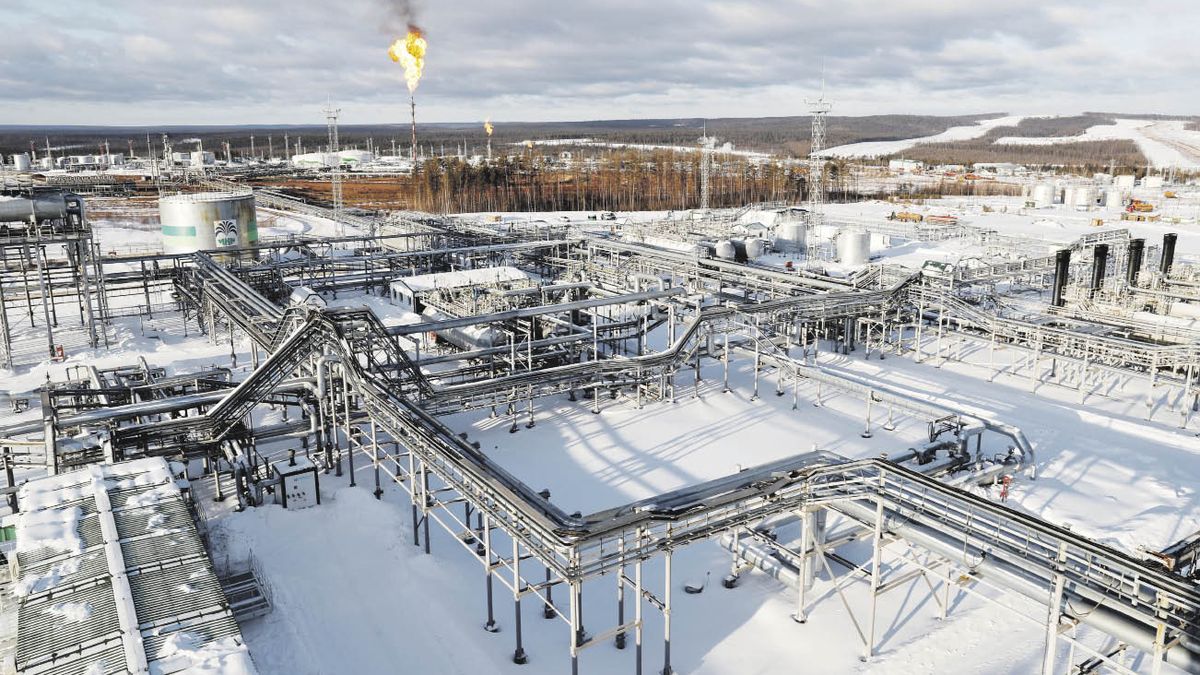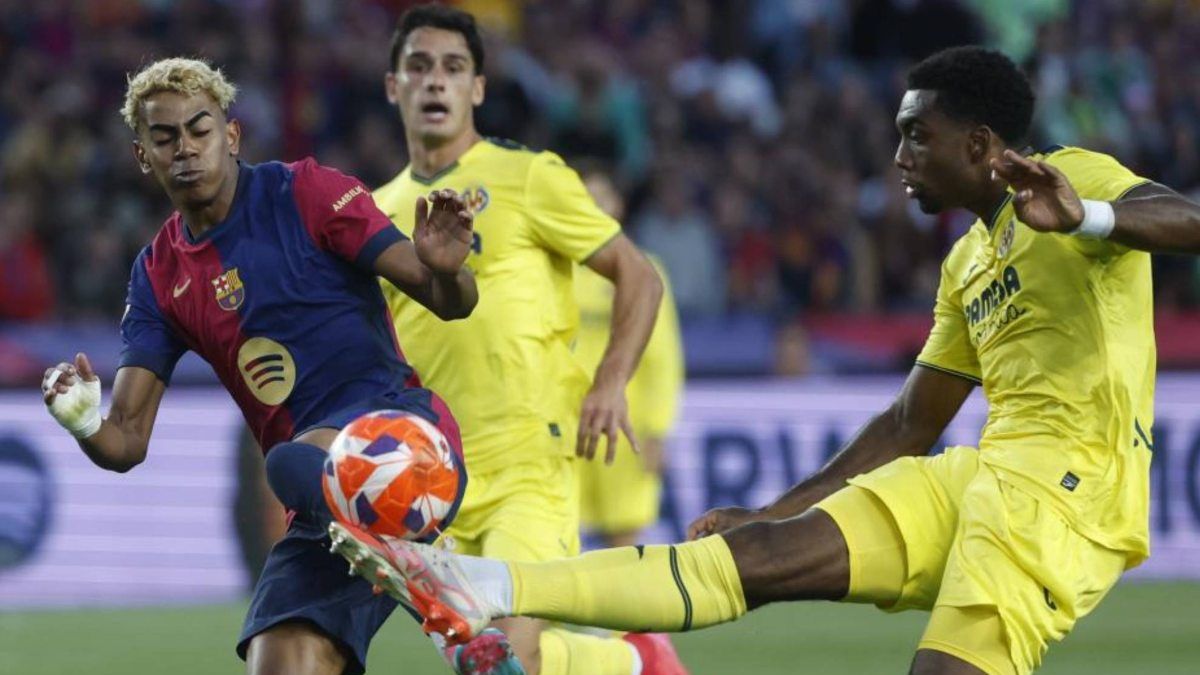The head of EU diplomacy, Josep Borrell, yesterday condemned the Russian offensive on the Ukrainian city of Mariupol. “What is happening is a huge war crime. They are destroying everything, bombing and killing everyone,” he said.
Germany
The German Foreign Minister, Annalena Baerbock, agreed that “these are clearly and without a doubt war crimes”, something that was used by other European leaders to press for new sanctions, in particular against Russia’s energy sector, as as requested by the President of Ukraine, Volodymyr Zelensky. Berlin opposed this possibility at the foreign ministers’ meeting due to its high level of dependence on Russian hydrocarbons, but the issue was raised more forcefully than ever.
“Given the level of destruction in Ukraine at the moment, it is very difficult, in my opinion, to argue that we should not be moving towards sanctions against the energy sector, particularly oil and coal,” Irish Foreign Minister Simon Coveney replied. The Government of Poland expressed itself in the same sense.
Lithuanian Foreign Minister Gabrielius Landsbergis pointed out, for his part, that “oil represents the most important source of income for the Russian budget, and it is easily replaceable.”
In this scenario, Belgium announced that it will delay its abandonment of nuclear energy by ten years.
So far, the EU has adopted several packages of heavy economic sanctions against Russian officials and companies, but has resisted extending the restrictive measures to the energy sectors, especially oil and gas, due to their high level of dependency.
For his part, Baerbock said that European countries are “working hard to reduce dependence on fossil fuel imports and we are going to get out of the energy dependence we have on Russia.”
on the sore
Zelensky touched on this sensitive issue yesterday and called on the EU to stop all trade with Russia, particularly oil and gas.
“No euro for the occupants. Close all your doors to them, do not send them your goods, reject energy resources,” the Ukrainian president pleaded.
“Without trade with you, without your companies and your banks, Russia will have no more money for this war,” he added.
“Please do not sponsor the weapons of war of that country, of Russia,” implored Zelensky, who then addressed the Germans directly: “You have the strength, Europe has the strength,” he urged.
About 40% of European gas imports come from Russia, and various estimates indicate that in the oil segment this dependency is greater than 20%. For this reason, an important part of the bloc’s industrial infrastructure is supported by the availability of these energy sources, particularly Russian gas. This situation is particularly sensitive in Germany.
Measures
Among the sanctions already adopted, the EU ordered the exclusion of important Russian banks from the Swift interbank network, but it did not include in that measure precisely the entities to which it makes important payments for oil and gas imports.
The Kremlin immediately warned that Europe would be greatly affected in the event of an oil embargo, which would affect the continent’s energy balance, unlike the United States, which has already adopted this measure.
“Such an embargo would have a very serious impact on the world oil market, a very serious impact on the energy balance on the European continent,” Kremlin spokesman Dmitry Peskov told reporters at a news conference.
“The Americans would remain as they are and would be in a much better position than the Europeans. This would be difficult for the Europeans, this decision would affect everyone,” said Peskov trying to drive a wedge between the allies.
To these statements were added facts: Russia and Kazakhstan began working on a diversion of the flow of oil to China, Russian Deputy Prime Minister Alexander Novak said yesterday.
Source: Ambito
David William is a talented author who has made a name for himself in the world of writing. He is a professional author who writes on a wide range of topics, from general interest to opinion news. David is currently working as a writer at 24 hours worlds where he brings his unique perspective and in-depth research to his articles, making them both informative and engaging.




